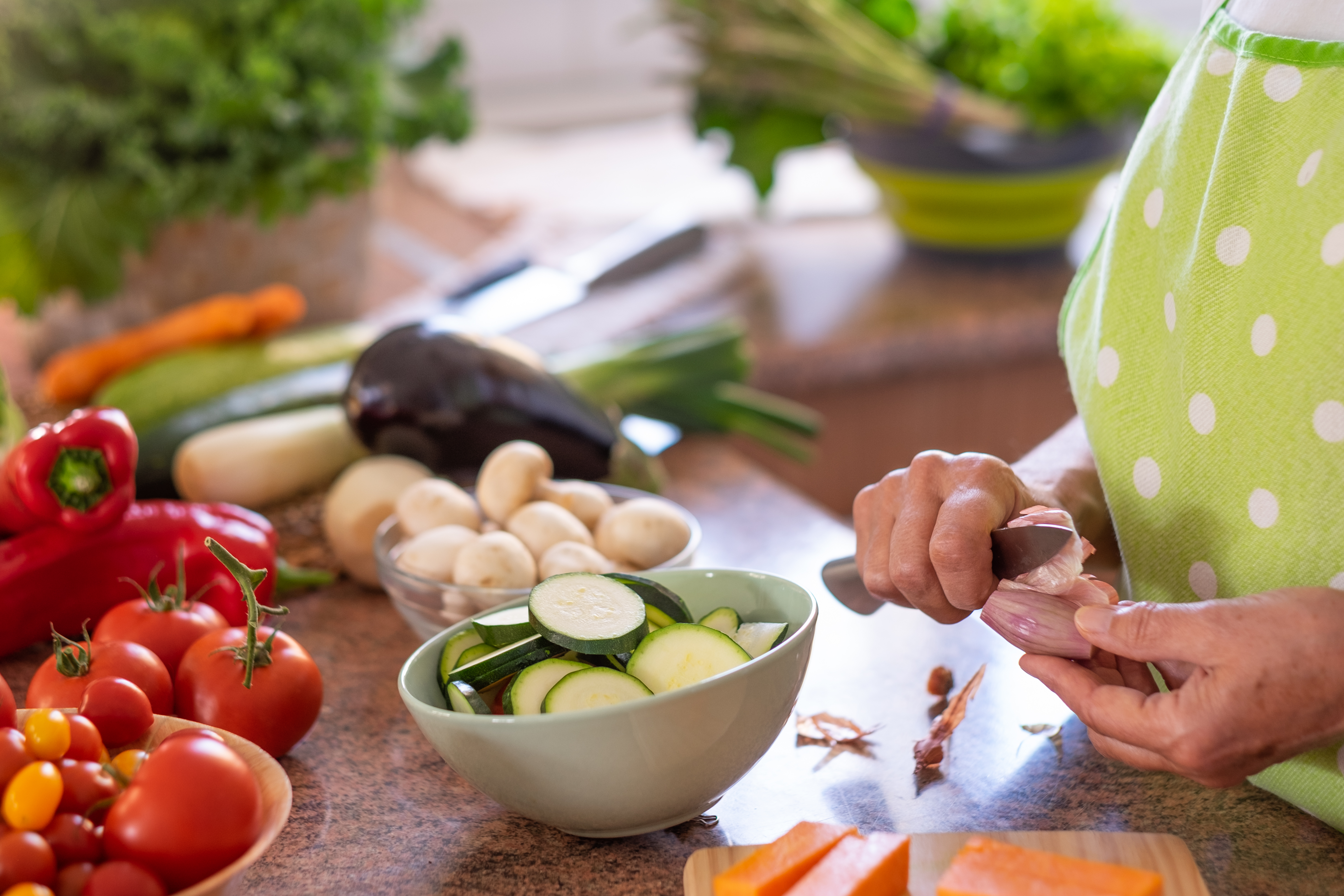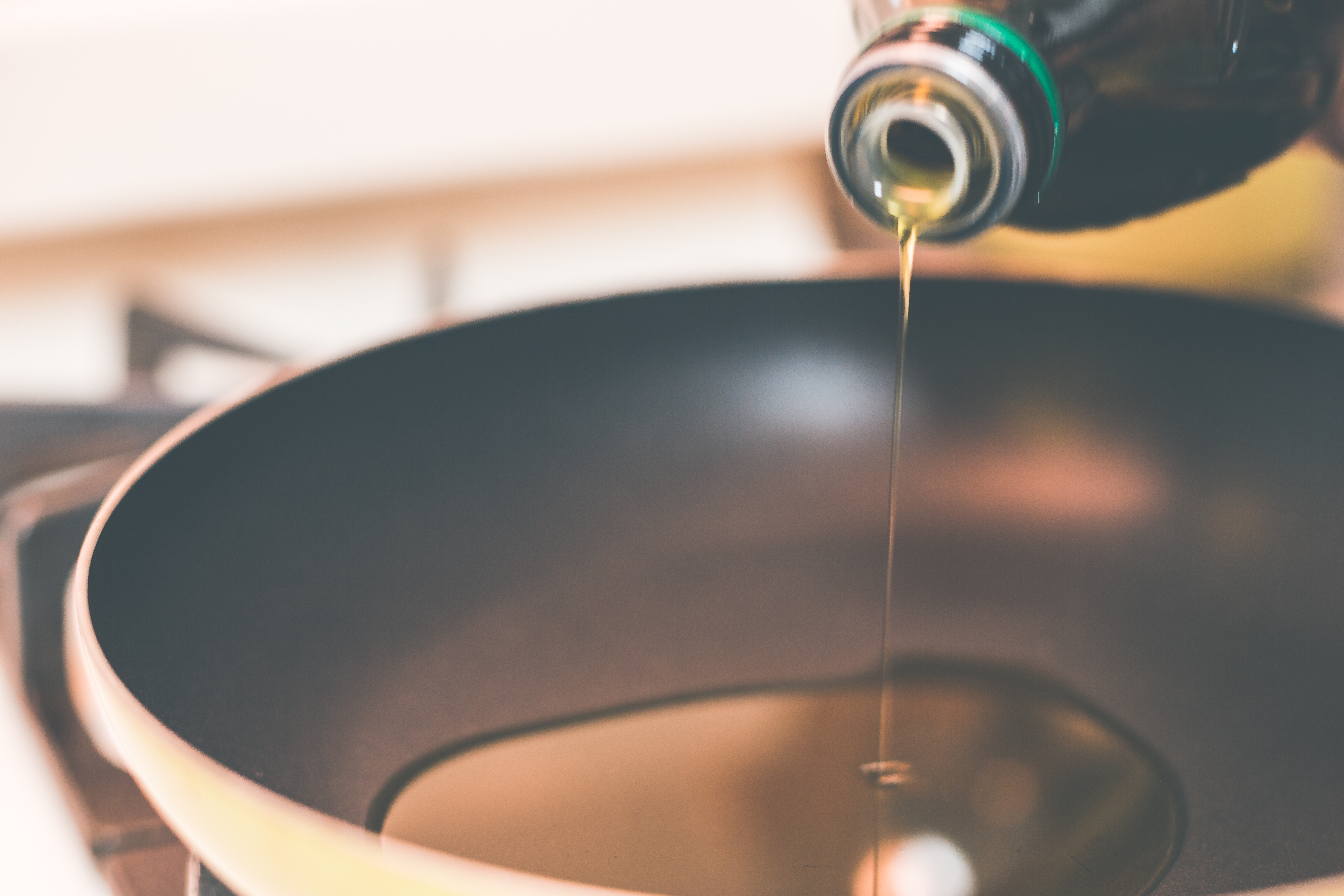Common Cooking Mistakes That Destroy Your Food’s Nutrients
5. The Importance of Cooking with Fresh Ingredients

The freshness of ingredients is a crucial factor in nutrient retention. Fresh produce contains the highest levels of vitamins and minerals, which can degrade over time due to exposure to air, light, and temperature variations. Whenever possible, opt for locally sourced, seasonal produce, as these are likely to have been harvested recently and retain more of their nutritional value. Additionally, storing fresh ingredients properly, such as in a cool, dark place or in the refrigerator, can help slow down nutrient degradation. By prioritizing freshness, you can ensure that your meals begin with the highest possible nutrient content, setting the stage for successful nutrient retention during cooking.
6. The Role of Cooking Oils and Fats

The type of oil or fat used in cooking can significantly influence the nutritional profile of a meal. Certain oils, such as olive oil and avocado oil, are rich in healthy monounsaturated fats and antioxidants that can enhance the nutrient absorption of fat-soluble vitamins. However, these oils have varying smoke points, which is the temperature at which they begin to break down and form harmful compounds. Using oils with a high smoke point for high-heat cooking methods, such as sautéing or frying, can help prevent nutrient degradation and maintain the health benefits of the meal. Additionally, using minimal amounts of oil can reduce calorie intake while still providing the necessary fats for nutrient absorption.
